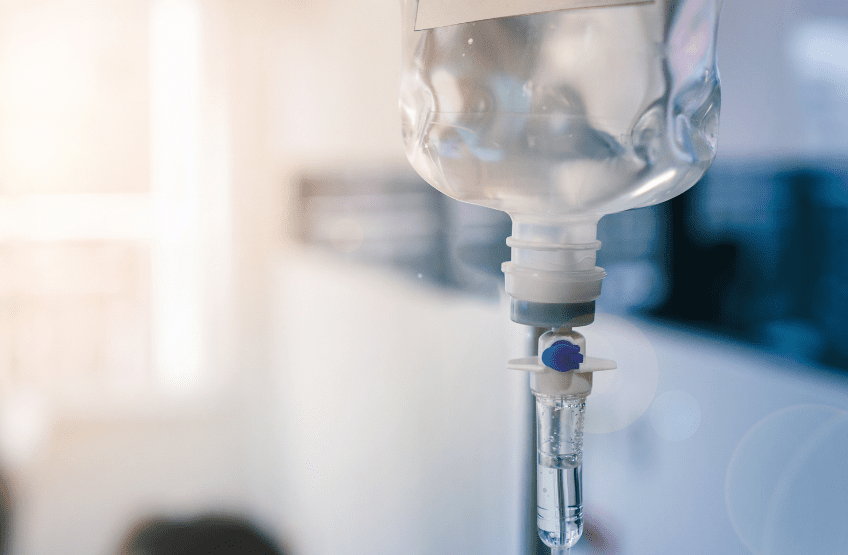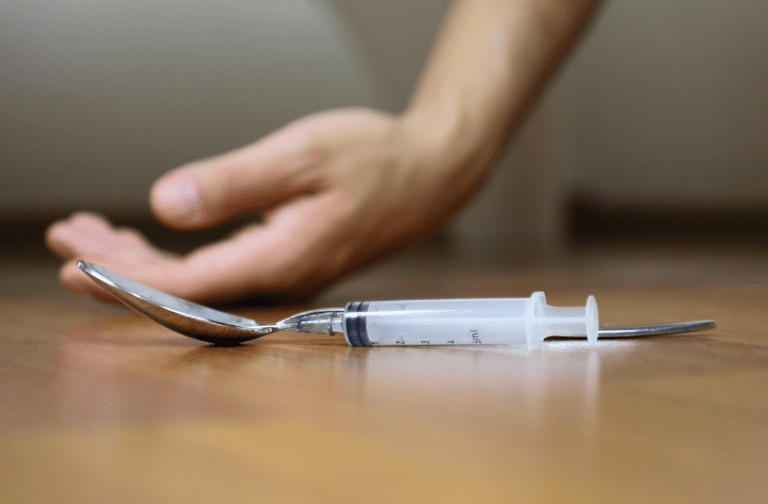Is Detox Necessary for Heroin Addiction Treatment?
Detox plays an essential role in the treatment of opioid addiction. It’s important to keep in mind that once you free yourself from the cycle of addiction your mind and body will be able to start the process of healing. Because the detox process can be challenging and there is always a possibility of the need for medical treatment as a result of physical or psychological symptoms. This is why medically-supervised detox is recommended for those with moderate to severe addictions. In certain circumstances, medications can be used to help with the process of detox from opioids.
At Oasis recovery, our treatment specialists are able to refer clients to a qualified detox center where they may begin treatment. Upon completing detox, our specialists will then work with the client to determine the best continued treatment option for them.
The Benefits of Detox for Heroin Addiction
Detox begins with a period of acute withdrawal. Those seeking to break the cycle of addiction need to fight against temptation and cravings during this critical period of withdrawal while the temptation to relapse can be intense. Since detox from heroin or other opioids can be physically and psychologically taxing, medically-supervised detox is highly recommended. In a medical setting, clients feel safe and secure. Emergency medical services are available 24/7 in case clients experience any unexpected medical concerns during detox.
Common Detox Experiences
Managing your expectations of detox is a sensible idea. You want to know going into the process what you may experience so that you are not taken completely by surprise. There are common withdrawal symptoms that, albeit unpleasant, are not particularly dangerous. On the other hand, situations can arise during the detox process that requires immediate medical attention. This is why it is encouraged that you undergo treatment in a medically-supervised setting.
Common symptoms experienced during the withdrawal period can include:
- Increased anxiety
- Increased irritability or restlessness
- Nausea
- Diarrhea
- Increased heart rate
- Excessive sweating
- Shakiness
Less common though potentially severe withdrawal symptoms may include:
- Abnormally high body temperature
- Paranoia
- Hallucinations
- Seizures
At Oasis Recovery in North Carolina, we encourage you to play it safe by undergoing heroin, opiate, or other opioid-related detox in the safety and security of a detox clinic.
Consider Next Steps After Detox
After undergoing detox, clients may want to consider an intensive outpatient program (IOP).
An IOP is often recommended for those with opioid addictions. During an IOP, clients meet with a licensed therapist who can help them understand the root causes of their addiction and help them learn life skills that will aid them in relapse prevention.
Common mental health therapies include cognitive-behavioral therapy (CBT) sessions that can help clients gain better self-awareness and learn coping skills that are useful when encountering high-risk triggers during real-world situations. CBT can help clients break the cycle of addiction by learning to avoid triggers and self-soothe in response to triggers that might have previously resulted in negative thought patterns or behaviors. Methods learned during therapy help clients regain confidence in themselves to maintain sobriety.
Contact Oasis Recovery about the Benefits of Detox for Opioid Addictions
At Oasis Recovery in North Carolina, we pride ourselves on providing the best possible care for our clients. We combine the use of scientifically-proven methods with holistic care in order to treat the whole person.
No one should have to struggle with addiction alone. If you are struggling with the ramifications of addiction, we encourage you to contact us today and speak with a specialist who can inform you about the benefits of clinically-supervised detox. Take back your life. We are here for you and awaiting your call.











